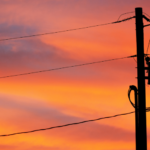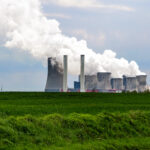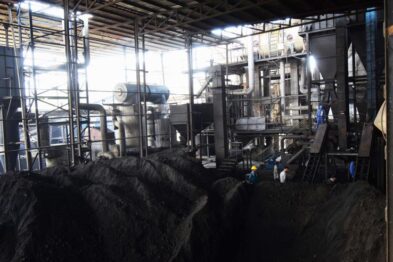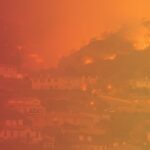We merge property-level damage data for over 100 U.S. wildfires with individual tax and Census data to understand (i) the demographics of the wildfire-exposed population and (ii) the effects of wildfires on post-event earnings, employment, and migration for affected individuals and communities. On average, occupants of wildfire-exposed homes are wealthier and more likely to be white than the US population. Conditional on a fire occurring, homes occupied by lower-income individuals are more likely to be destroyed, consistent with other evidence of a “structure vulnerability gap”. Wildfires reduce earnings for occupants of destroyed homes for three years after the event, with earnings losses peaking at 10% in year 1. Unlike Hurricane Katrina, there is no evidence that wildfire events increase long-run earnings for affected individuals, and no evidence of higher post-event earnings among individuals who choose to migrate away following the fire.
Seminars·Nov 4, 2025
Judson Boomhower, UC San Diego
- Location: Saieh Hall, Room 146 Google Map
- Date and Time: –
The Distribution and Consequences of Disaster Property Losses: Evidence from Tax Returns of Wildfire Victims















